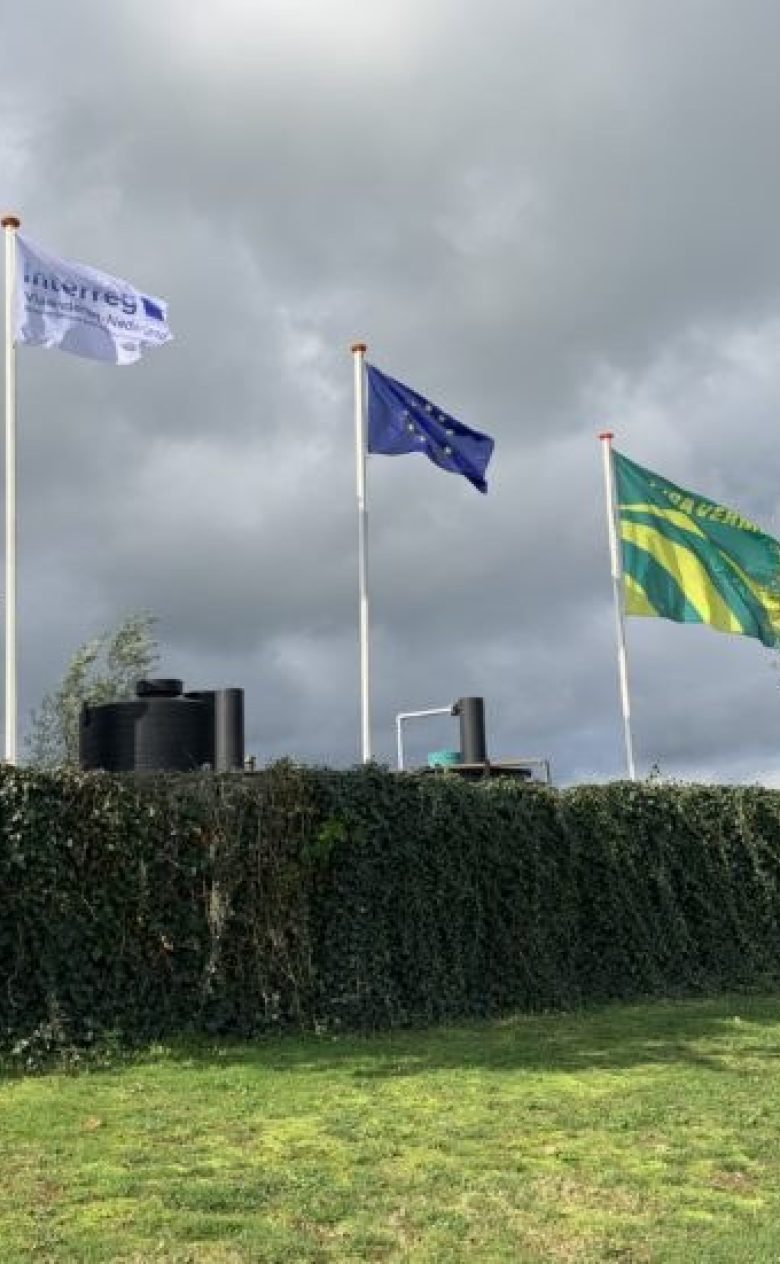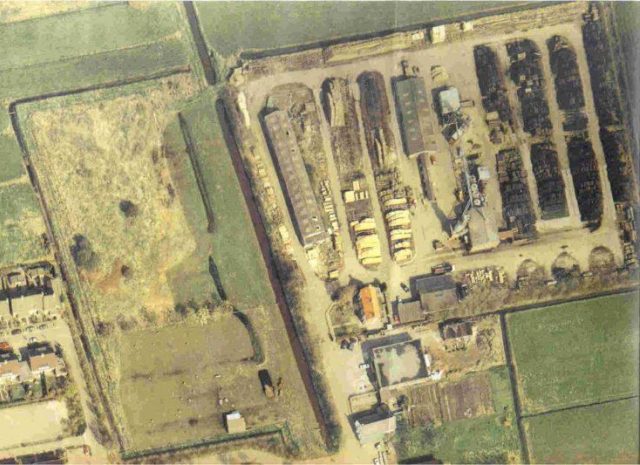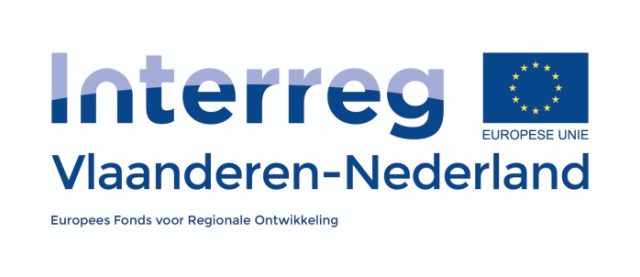Remediation of residual pollution using nature-based techniques (RESANAT)
Deltares is working with several partners from the Netherlands and Flanders - with the Flemish Authority for Waste Treatment (OVAM) as the manager of the project - on the RESANAT project (Remediation of Residual Pollution Using Nature-based Techniques) to further the redevelopment of contaminated sites in the Netherlands and Flanders. Innovative and sustainable soil remediation techniques are being used in this work. It is a challenging project that is being subsidised by Interreg Flanders-Netherlands. The Dutch Ministry of Economic Affairs and Climate is providing co-financing.

Redevelopment of contaminated sites
RESANAT is encouraging the redevelopment of sites in the Netherlands and Flanders that have been contaminated with relatively persistent substances such as PAHs and oil and where that redevelopment is now being hampered by the cost-intensive requirements for initial soil pollution or residual pollution. Conventional remediation and management techniques are expensive, energy-intensive (requiring things like removal of the soil or continuous groundwater treatment), they sometimes use large amounts of groundwater and they often require long-term, costly management measures for residual pollution. This has a negative effect on development potential, generates more environmental pressure (high water and carbon footprint) and affects environmental quality in the locality.
In the Netherlands and Flanders, there are tens of thousands of sites that have been contaminated with PAHs/mineral oil, of which at least a few thousand still have to be cleaned up or are still affected by residual pollution. At present, there are no environmentally friendly and economically viable solutions on the market for pollution (residual or otherwise) at these locations.

Nature based solutions to manage residual pollution
However, multiple innovations are being developed in the area of nature-based solutions (NbS), with plants, micro-organisms, natural materials, wind and solar energy being used to manage residual pollution. In this way, polluted soils can be redeveloped sooner after the conventional remediation of the top layer in combination with less intensive nature-based management of residual pollution. Nature-based solutions reduce the risk to human health and the environment, maintenance costs are lower and they are sustainable in terms of energy consumption. However, these techniques have not yet been adequately proven, particularly in combination with persistent substances such as PAHs, for the purposes of reliable, efficient and full-scale application.
Enhace practical applicability
The aim of RESANAT is to enhance the practical applicability of nature-based remediation, management and monitoring techniques, and to develop codes of good practice in these areas. This will allow for the efficient use of natural resources (including soil) and limit the impact on environmental quality.
RESANAT has four objectives and associated actions:
- Demonstrating nature-based soil remediation, management and monitoring techniques to increase knowledge about scaling up and possibilities for practical application by: - Demonstrating three promising nature-based techniques (reactive mats, phytoremediation and in-situ biostimulation) for relatively persistent contaminants such as oil/PAHs that are often found in urban areas. - Evaluation of effectiveness using innovative monitoring techniques, a carbon footprint model and a comparative cost model.
- Providing SMEs with support for the incorporation of innovative techniques in their services, as well as access to the necessary knowledge and to Flemish and Dutch networks in the sector.
- Providing government with input for the development of codes and policy recommendations that encourage the implementation of nature-based techniques.
- Giving research institutions the opportunity to develop scale-up opportunities by establishing alliances between commercial organisations and research institutions, and putting their technical knowledge into practice.
Deltares is contributing knowledge about natural degradation in the subsurface. This is knowledge about the chemical and microbial evidence needed to demonstrate that natural degradation can take place and can be encouraged. This knowledge will primarily be used as input for the design of the pilot project and the interpretation of the results.
The project has a value of 2.2 million euros and it will run from March 2019 to March 2022.


